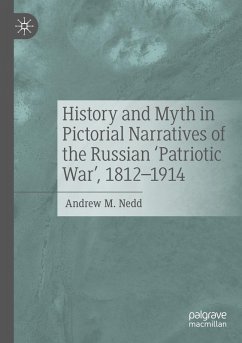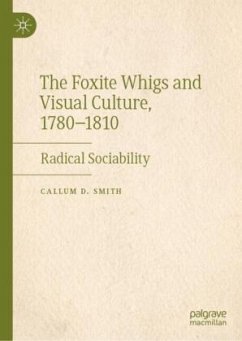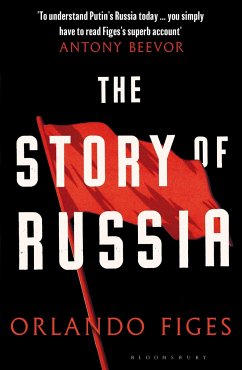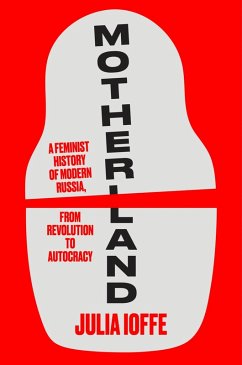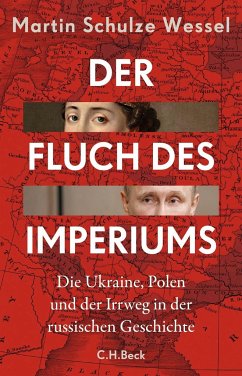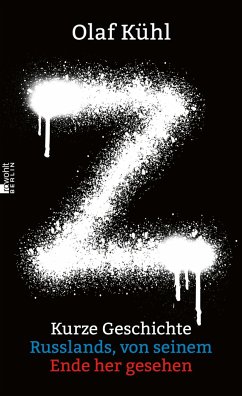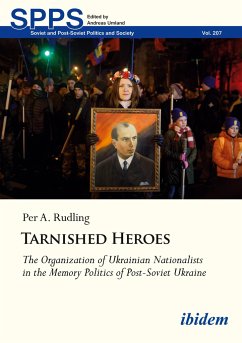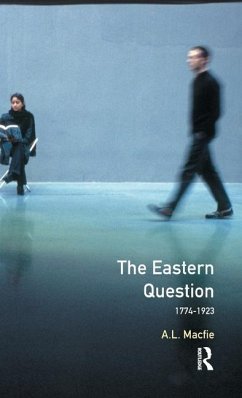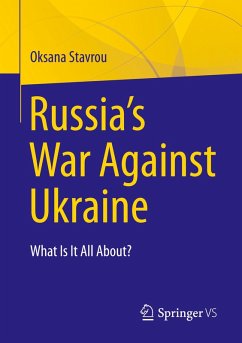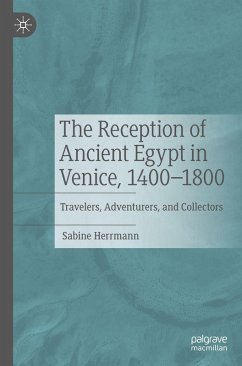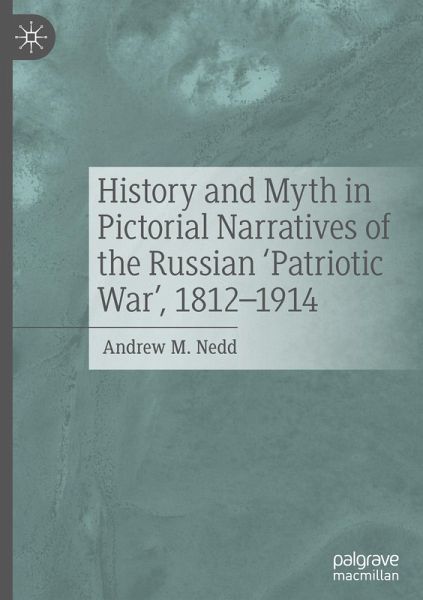
History and Myth in Pictorial Narratives of the Russian 'Patriotic War', 1812-1914
Versandkostenfrei!
Versandfertig in 6-10 Tagen
106,99 €
inkl. MwSt.
Weitere Ausgaben:

PAYBACK Punkte
53 °P sammeln!
This book reveals that the visual narrative of the events of the Russian campaign of 1812 was inextricably linked to Russia's search for national identity and helped to form competing definitions of 'Russianness'. No pre-revolutionary military event was more celebrated in Russian literature and art than the 'Patriotic War of 1812', during which Napoleon advanced his Grand Armée into Russia, only to retreat months later in defeat as his army faced starvation and capture during the brutal winter. The works of art that retold the story of 1812 extolled virtues that were represented as inherently...
This book reveals that the visual narrative of the events of the Russian campaign of 1812 was inextricably linked to Russia's search for national identity and helped to form competing definitions of 'Russianness'. No pre-revolutionary military event was more celebrated in Russian literature and art than the 'Patriotic War of 1812', during which Napoleon advanced his Grand Armée into Russia, only to retreat months later in defeat as his army faced starvation and capture during the brutal winter. The works of art that retold the story of 1812 extolled virtues that were represented as inherently Russian: courage, resourcefulness, and unity. Furthermore, these values were increasingly contrasted with those of the foreign invader from the west. While the emphasis is largely on academic painting, this book also explores popular media and memorialization in order to reveal the role that images played in the process of constructing identities in nineteenth-century Russia.



